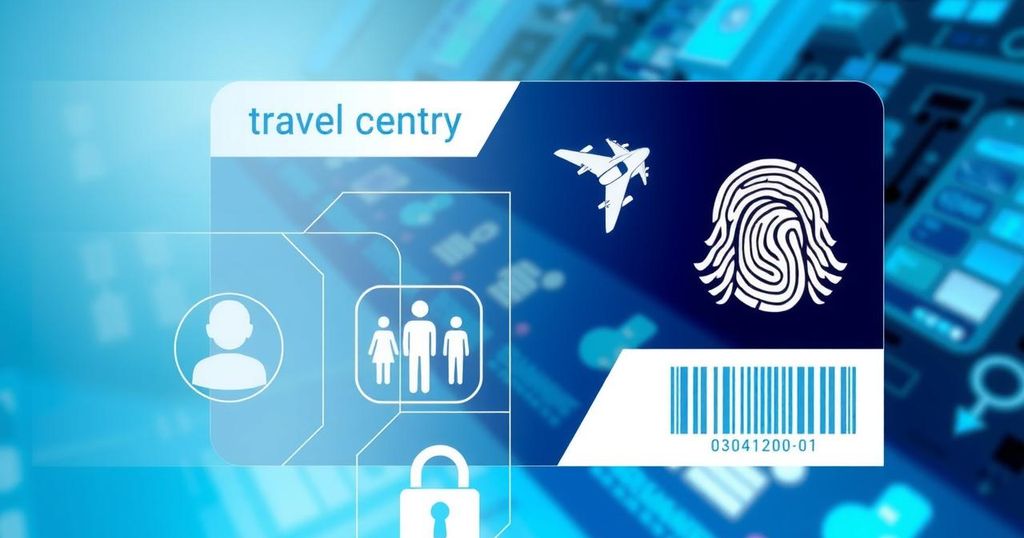The EU’s SafeTravellers project aims to enhance border security by developing biometric digital travel credentials, with a budget of €7.4 million. The initiative involves 23 partners from 14 countries and focuses on improving identification processes for EU and non-EU travelers, aiming to combat identity fraud and enhance traveler convenience through digital ID management.
The EU’s SafeTravellers project, which is backed by a €7.4 million ($8.4 million) fund, aims to boost border security through advanced biometric digital travel credentials. The project taps into the expertise of various organizations like Idemia, iProov, Vision-Box, and Ubitech to strengthen traveler identification systems at European borders and combat identity fraud. As borders are often targets for criminal networks, this initiative seeks to significantly enhance detection and verification processes for both EU citizens and non-EU travelers alike.
One focal point for Idemia is enhancing biometric authentication and document verification methods. According to their blog, they are innovating in France to improve the scanning accuracy of documents while reducing light reflections that can obstruct scanning devices. The boost in Optical Character Recognition (OCR) capabilities is another goal, aiming for quicker and more accurate processing of identity documents.
In a separate effort in Germany, Idemia is concentrating on refining facial recognition technologies. This is critical in addressing look-alike fraud and makeup manipulations where individuals might try to disguise their identity to slip through verification systems. Developing an integrated software platform is another essential part of their contribution. This system will unify pre-registration, document verification, and biometric authentication.
“This solution will be available as a smartphone app for travelers and border control agents, as well as through static versions for eGates and border kiosks,” states Idemia. A prototype is already in the works, with pilots expected to move the technology closer to launch in a real-world context.
Project SafeTravellers benefits from a collaborative framework involving 23 partners across 14 countries, including educational institutions, industry bodies, law enforcement, and private firms. The project is running under the Horizon Europe research initiative from January 2024 until late 2026.
The initiative will incorporate numerous technological advancements. Key among them is a mobile wallet for storing digital ID documents like mobile passports, giving travelers authority over their personal information and aiming to facilitate seamless travel experiences. A unified biometric framework for border checks is also part of the plan, which aims to enhance diagnostic capability by using both facial and fingerprint recognition.
Using AI and threat intelligence to identify suspicious patterns can further strengthen the security measures. Various components of SafeTravellers are targeting issues like document fraud, morphing detection, and boosting biometric systems to reduce vulnerabilities. Ubitech, based in Greece, is contributing to this effort by implementing an identity management system that hinges on self-sovereign identity (SSI) principles, alongside enhancing threat intelligence processes to safeguard biometric devices.
The SafeTravellers project signifies a major step toward a more secure approach to border control within the EU. Through collaboration across numerous organizations and cutting-edge technology, it aims to confront identity fraud challenges head-on. With a focus on biometric database integration and self-sovereign identity management, travelers can expect a more reliable and frictionless experience in the coming years.
Original Source: www.biometricupdate.com





